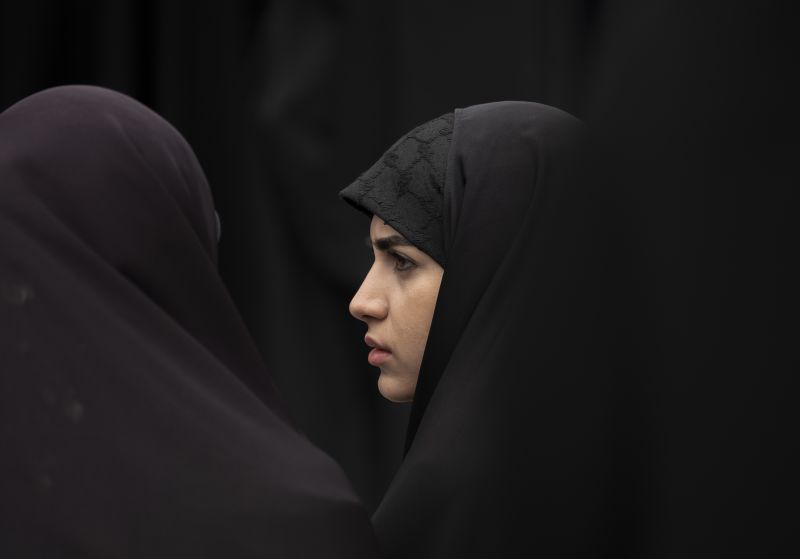
“How Far Will They Go? Unraveling Iran’s Proposed Hijab Law & Its Impact on Gender Equality”
Gender apartheid and women’s rights are once more in the spotlight as the United Nations Human Rights Council recently expressed alarm over Iran’s proposed “Hijab Law”. The law has sparked a furious debate and outrage among activists and human rights groups globally.
The proposed law has been compared to gender apartheid, which is when times, places, and products are divided up according to gender and sex. This would be enforced in Iran through the compulsory veil or hijab law, which would require women to observe a stringent dress code. It would impose fines on those women who do not comply.
The International Human Rights Organization has described this bill as “discriminatory”, and “a major setback for women’s rights”. A UN High Commissioner for Human Rights spokesperson condemned the proposed legislation as “an affront to dignity”.
The United Nations has consistently spoken out against laws that restrict or discriminate against women on the basis of gender. According to a UN report, discriminatory laws violate “fundamental principles of gender equality and non-discrimination”. The UN is additionally concerned by the potential implications of such laws “on the exercise of civil, political, economic, social and cultural rights”.
The proposed law has been criticized by various international organizations, including Amnesty International. This organization has described the law as a “reprehensible attempt to deny girls and women their right to freedom of expression and to equality”.
Ultimately, the UN is calling on Iran to decriminalize the hijab law and ensure that all children and women receive the same rights as men. They are urging an end to discrimination based on gender and sex and stressing the importance of the “universal human rights for everyone”.
The international community must work together to ensure that basic human rights are respected and upheld around the world. Iran’s proposed hijab law represents a threat to gender equality and should be abolished immediately.
